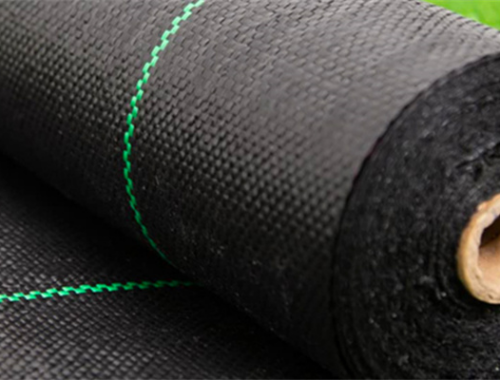CERB Eligibility Rules Expanded For Self-Employed Canadians Amid Pandemic
OTTAWA — The federal government has quietly broadened the eligibility rules for the Canada Emergency Response Benefit (CERB) by allowing self-employed workers to earn $1,000 more than their monthly business expenses, and by expanding the benefit to include those who pay themselves through dividends.
The changes were posted to the CERB question and answer portion of the government website late last week, the same day HuffPost Canada asked Prime Minister Justin Trudeau whether the government would expand program eligibility for self-employed workers.
Trudeau had no announcement to make that morning in response to the question, but he said the federal government would “continue to fill gaps.”
“We will continue to work on making sure that everyone who needs help gets it,” he said.
Many sole proprietors had voiced concerns about being shut out of government assistance and unable to pay their bills.
On April 15, Trudeau announced that the CERB, a $2,000 monthly payment originally intended for those who had lost their jobs or were unable to work owing to the COVID-19 pandemic and mandated shutdowns, would be expanded to include “people making up to $1,000 a month.”
“Maybe you’re a volunteer firefighter or contractor who can pick up some shifts or you have a part-time job in a grocery store,” the prime minister said in making the announcement. “Even if you’re still working or you want to start working again, you probably need help in making ends meet. So if you earn $1,000 or less a month, you’ll now be able to apply for the CERB.”
Glenn Harrington, a wood furniture maker in Toronto, told HuffPost his store was forced to shut its doors, but his rent, insurance and equipment charges were still adding up to $5,000 each month.
“A thousand dollars a month for an individual isn’t bad, but for a business? They didn’t even make the criteria a little more?” he said at the time.
RELATED
-
Self-Employed Canadians Left Out Of Feds’ COVID-19 Aid Feel Ignored
-
Moms-To-Be Left Out Of CERB Will Get Financial Support: Employment Minister
-
Trudeau Says Making CERB Universal Isn’t As ‘Simple’ As It Sounds
Government officials initially told HuffPost that the $1,000 threshold was pre-tax money earned before expenses. The CERB application stated, to qualify, an individual “cannot have earned more than $1,000 in employment and/or self-employment income” without specifying if that was gross or net income.
Last Wednesday, Trudeau was still repeating that CERB was for someone “if you have a job but you’re only making up to $1,000 a month.”
The government website now states, however, that business owners “should consider their net pre-tax income (gross income less expenses)” in calculating their earnings to determine whether they qualify for the CERB.
“It’s all still gross [income] just gross income after business expenses,” said Ashley Michnowski, a spokesperson for Employment, Workforce Development and Disability Inclusion Minister Carla Qualtrough.
The new guidelines also state that business owners who rely on dividends are eligible for the CERB, and their dividend income should be considered “as self-employment income provided it comes from non-eligible dividends (generally, those paid out of corporate income taxed at the small business rate).”
Trudeau pressed about self-employed workers
Trudeau and his cabinet ministers were asked five times about self-employed workers who pay themselves through dividends when Parliament met last Monday — three times by the Conservatives and twice by the Bloc Québécois. The Liberals sidestepped the questions.
At one point, however, Agriculture Minister Marie-Claude Bibeau suggested decisions on eligibility were being made on a “case by case” basis.
“It is true that there are situations where business owners do not give themselves a salary,” she said. “They pay themselves through surpluses and dividends. It is on a case-by-case basis, but the rules are clear: The individual must have an income of at least $5,000 in the previous year to qualify for the Canada Emergency Response Benefit.”
The $5,000 remark relates to general eligibility. In order to qualify for the CERB, an individual must have had at least $5,000 in income in 2019 or in the past 12 months.
Conservative Leader Andrew Scheer noted the shortcomings of federal assistance for several small-business owners — “family businesses that receive dividends, self-employed people who own and operate businesses” — he asked whether Trudeau would “continue to broaden the eligibility criteria.”
The prime minister responded by saying the government has “helped the vast majority of companies and individuals” but realizes it needs “to keep refining” and improving.
“That is why I thank all members for making suggestions as we improve the programs,” he said.
Michnowski told HuffPost that the online FAQs were updated to “be more comprehensive” and that they “reflect a lot of the questions we are receiving from constituents and MPs pretty much daily at this point.”
You May Also Like

Revolutionizing Fashion: How AI is Redefining Design and Sustainability
March 1, 2025
FACTORS AFFECTING THE SERVICE LIFE OF GEOTEXTILES: DURABILITY AND MAINTENANCE
December 9, 2024